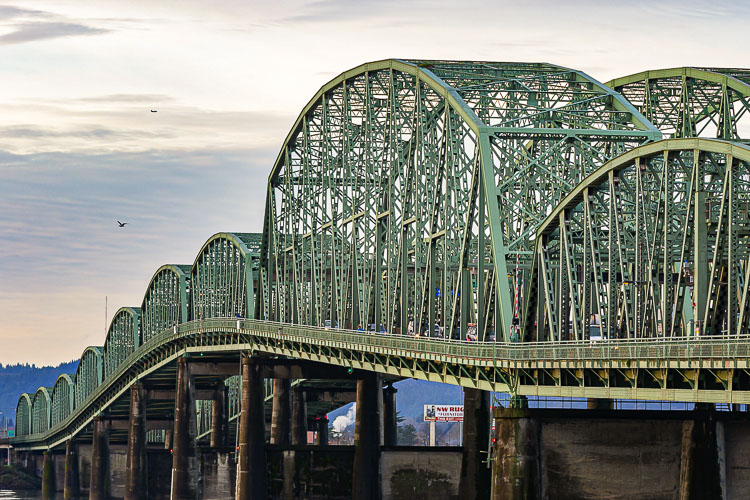
Clark County Today Editor Ken Vance shares some pointed comments from area elected officials about the process to create a project
The Bi-State Bridge Committee met for the first time in front of a packed house at City Hall in Vancouver in October 2019. There was great anticipation for the 16-member committee of legislators from the two states. There were still lingering wounds from the failed Columbia River Crossing (CRC) project that met its ultimate death in July of 2013 when members of the Washington State Senate narrowly voted against a funding proposal.

The eight legislators from Washington, six from Clark County, are supposed to provide oversight to Interstate Bridge Replacement Program Administrator Greg Johnson and his team. They are joined by eight Oregon legislators who supposedly are looking out for Oregon’s interests, just as the Washington legislators do for citizens on this side of the Columbia River.
A page on the IBR website has a diagram that shows the various advisory groups, committees and other officials that are contributing to the process of determining a project to replace the I-5 Bridge. To the average observer, the diagram can easily be described as confusing at best.
There is a note on the diagram that informs those viewing it that, “location on graphic does not indicate hierarchy. This diagram is intended as a high-level overview and does not show all engagement points.’’ With that disclaimer in mind, the Bi-state Legislative Committee is listed at the top of the diagram.
The diagram shows that the 16-member committee “will receive regular briefings on program work and advisory group recommendations’’ from the program administrator. And, the committee, in turn, “provides oversight and guidance on program development work’’ back to the program administrator.
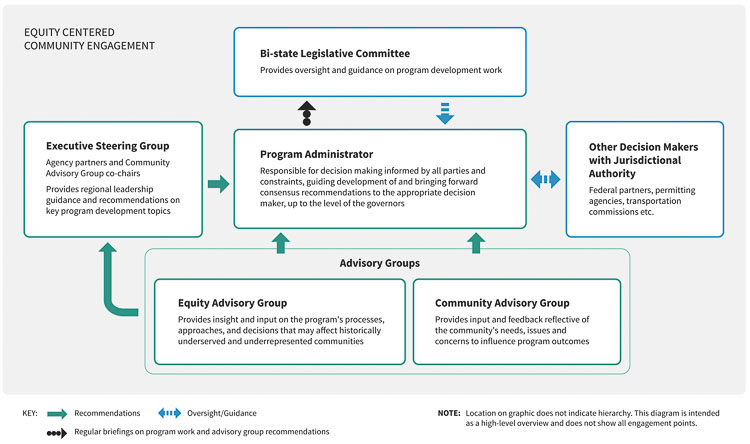
Many observers put their faith in this group of legislators to prevent the next Interstate Bridge replacement project from following the same path, and ultimately the same demise, as the CRC. In the two and a half years since that first meeting, the Bi-State Bridge Committee has met many, many times and have received many, many briefings from Johnson, the IBR administrator. While no one can really question that element of the group’s history, two of the committee’s legislators recently expressed frustration over how much oversight and guidance they have been allowed to provide in return.
The comments were made to Clark County Today in response to inquiries made after the IBR team revealed more details of the current project during meetings of the Bi-state Bridge Committee and the Executive Steering Group (ESG) on April 21. The most notable decision was that an extension of TriMet’s light rail into downtown Vancouver was preferred over Bus Rapid Transit.
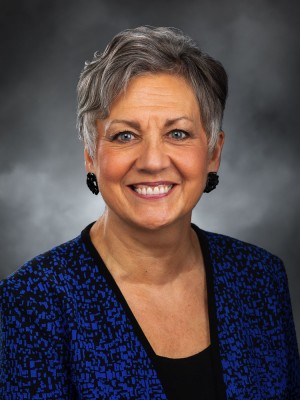
“I oppose the proposal as it is currently being recommended,’’ said Sen. Lynda Wilson (Republican, 17th District). “I’m still awaiting a complete design of this project. As for a solution or alternative … I’m looking at the options that have been presented to us, since public input was a high priority. As I mentioned in the latest meeting, though, I feel like the train has left the station. Clearly, I haven’t been included in meetings where decisions have been made. Also, I still ask the question, who has the ultimate authority to give this project a thumbs up? Stay tuned.’’
Wilson and fellow committee member Rep. Paul Harris (Republican, 17th District) have each asked Johnson if the legislators will ever be given the opportunity to vote on any of the details of the current project. Johnson responded to Wilson’s question, indicating they would not be given a formal vote. Instead, the IBR team would be asking for a “sense of the will of this committee” and ask them to give approval for the team to move forward to the next phase. This is reminiscent not only of the previous Columbia River Crossing (CRC) effort; but also the Value Pricing PAC meetings where the staff rather than PAC members made the choices.
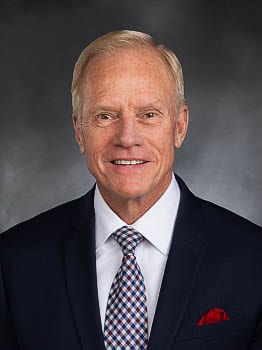
“I still have a lot of questions and I’m in the meetings,’’ said Harris, who believes the more important question is if the legislators are allowed to vote, will their votes have any impact? “I think voting and carrying weight are two different things. Will the vote mean anything? We’ve been led to believe we will have an opportunity to vote. I’m not sure if we will get that opportunity. But, I would still want to vote because I think it’s important to know where we stand on this. It’s not as simple as yes or no.
“I still have a ton of questions,’’ Harris added. “I find it very interesting how far down the line we have to get before we have these discussions. I have concerns, lots of concerns.’’
“I’m the member who called for a vote,’’ said Wilson, referring to the most recent meeting of the committee. “It wouldn’t be officially binding, but in the interests of transparency all 16 of us should be prepared to put our cards on the table for all to see. If there was a good way to also force the IBR Executive Steering Group to be more transparent, I would be doing that too. Again, it’s about earning trust.’’
If the IBR team members haven’t earned the trust of two of the legislators on the Bi-state Bridge Committee, how much trust have they earned among citizens trying to follow this process? If Wilson, after being a member of the committee for two and a half years, feels powerless because the “train has left the station,’’ how much influence can any other elected official have?
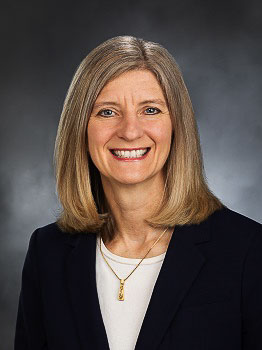
“Transparency and accountability are what have been missing from this project – and they were sorely missing on the prior project (CRC) as well,’’ said Rep. Vicki Kraft (Republican, 17th District). “As elected officials, we must all be accountable to the people. I would argue it’s especially important on this project given the large amount of taxpayer funding being used, the challenges of the past, and to make sure the people’s top priorities are properly addressed with this or any other project.’’
Kraft is an outspoken proponent of the construction of a third crossing over the Columbia River prior to the completion of a project to replace the I-5 Bridge. She said the inclusion of light rail on the current project proves that lack of transparency and accountability.
“It’s very telling,’’ Kraft said. “This project has been about pushing light rail all along and now the people can see it clearly with bus rapid transit being taken off the table.’’

County Chair Karen Dill Bowerman would also like to see the legislators have an opportunity to vote on the details of the I-5 Bridge replacement.
“Yes, this is appropriate in the name of transparency,’’ Bowerman said. “Some say it was inevitable that bus rapid transit would be eliminated in favor of light rail. Bus rapid transit would have opened avenues for better connectivity in Washington, and would have required much less capital investment as well as maintenance cost. I am not convinced that our residents are any more in favor of light rail (today) than when they voted it down in the polls.’’
If this project moves forward, it will be the largest single transportation expenditure in the region’s history, estimated at more than $5 billion. (Wilson points out that virtually every transportation project in the state ends up costing more than was estimated.) Yet none of our elected representatives have been allowed or required to go “on the record” regarding any of the key decisions.
For me that begs answers to two questions. If the legislators and elected officials are not in charge of the project, then who is? Will other legislators and elected officials stand up to those in charge to keep more than $5 billion of taxpayer dollars from being spent on this project?




